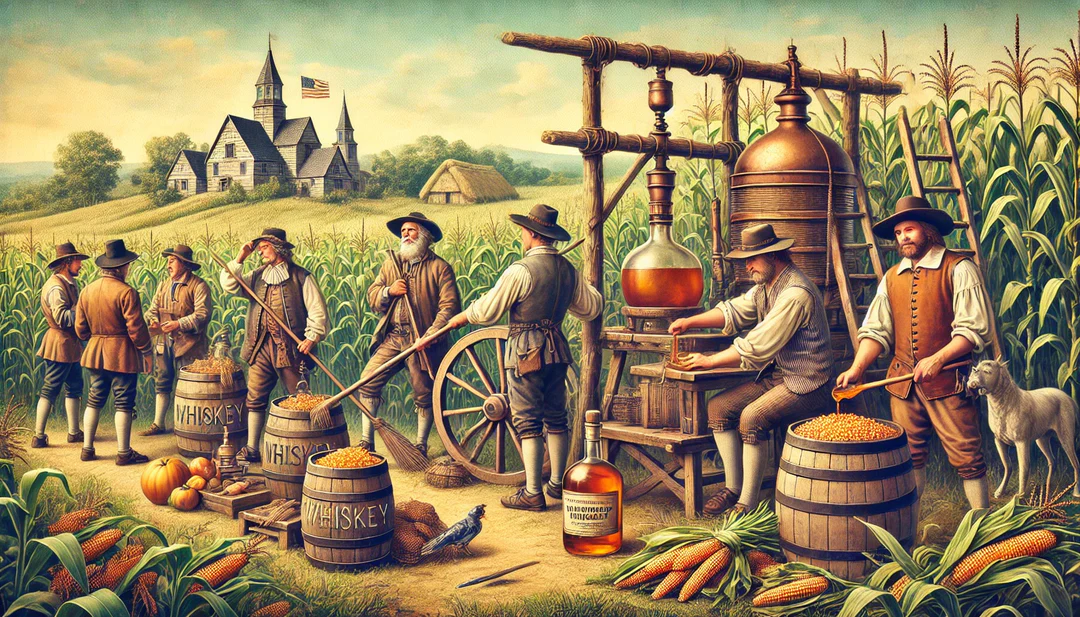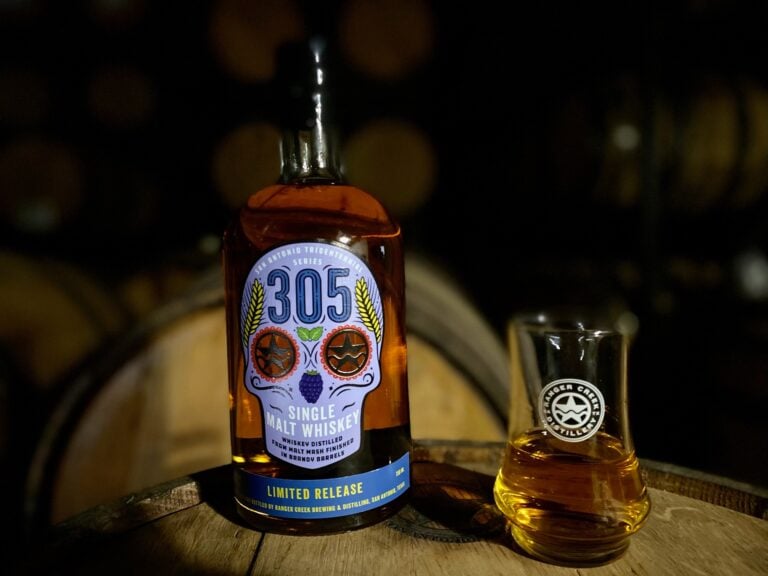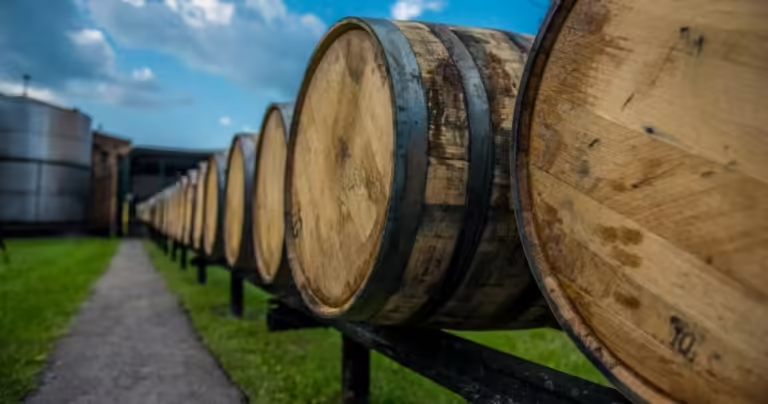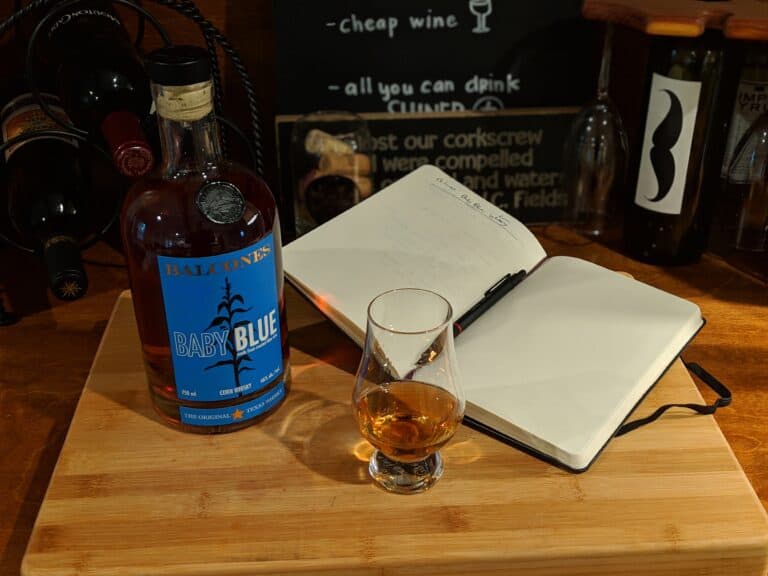Cultural Significance and History
American whiskey and bourbon are more than just beverages; they are icons of American culture, embodying the spirit and history of the nation. From their origins in the early days of America to their present-day status as symbols of craftsmanship and tradition, whiskey and bourbon have played significant roles in shaping American identity.
This article explores the cultural significance and history of these quintessential American spirits, highlighting their roles in American culture, notable brands, and influence on popular culture.
Role in American Culture
American whiskey and bourbon have carved out a unique place in American culture. These spirits are intertwined with the history and evolution of the United States, representing resilience, innovation, and tradition.
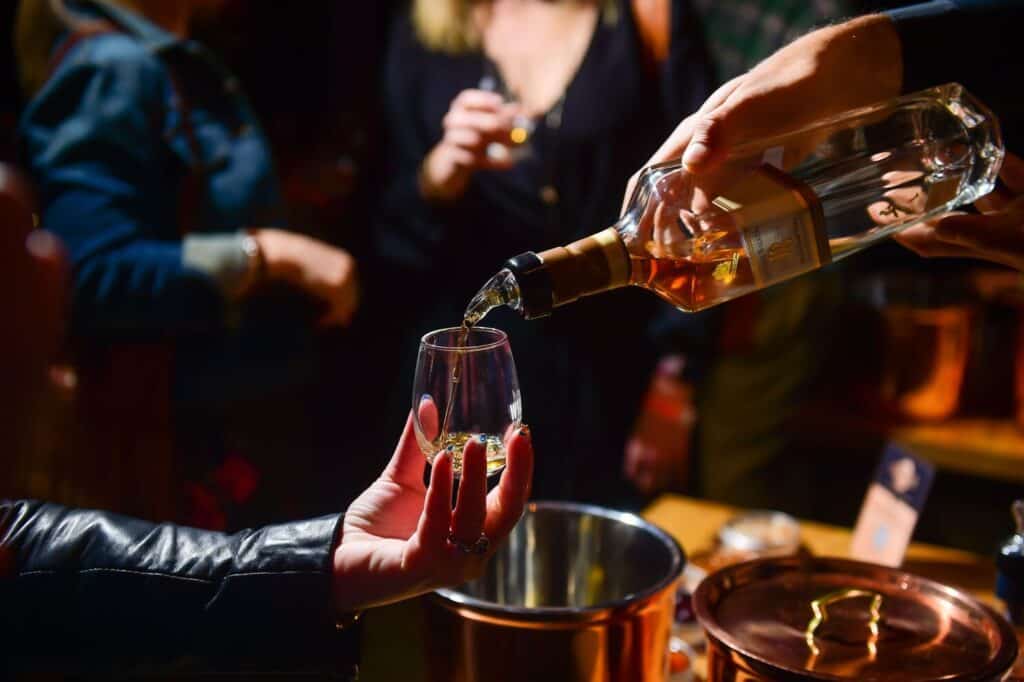
Historical Context
The history of American whiskey dates back to the early colonial days. Immigrants from Scotland and Ireland brought their distillation techniques to the New World, adapting their methods to the available resources. Corn, abundant in America, became the primary grain for whiskey production, leading to the creation of bourbon. The name “bourbon” itself is believed to have originated from Bourbon County, Kentucky, where many early distillers settled.
Whiskey production played a crucial role in the economy of early America. The Whiskey Rebellion of 1794, a response to the federal excise tax on whiskey, underscored the importance of this spirit to American farmers and distillers. The rebellion highlighted the tensions between rural producers and the federal government, ultimately shaping the young nation’s approach to taxation and federal authority.
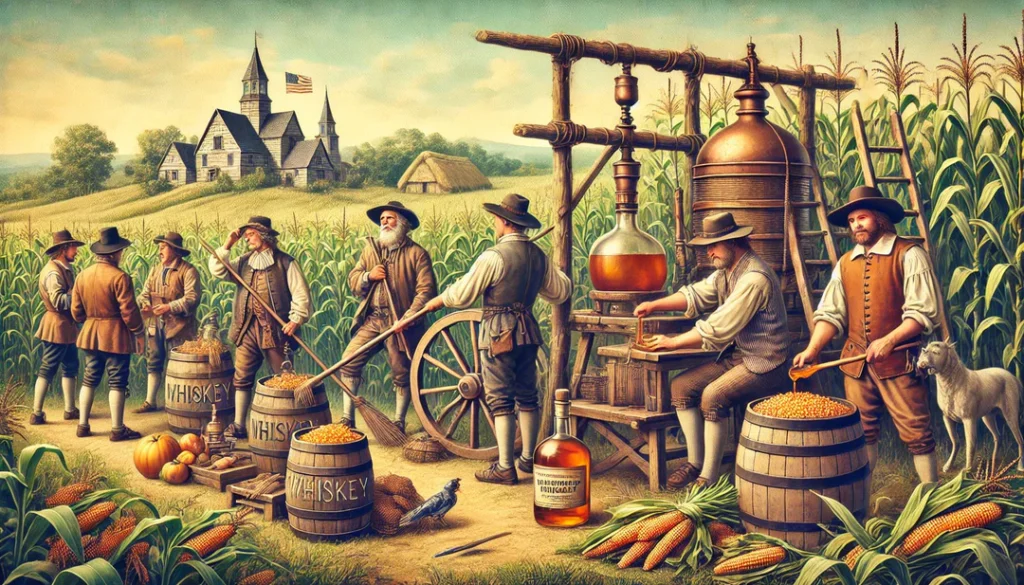
Whiskey in American Traditions
Whiskey and bourbon have been central to many American traditions and customs. From toasts at weddings and celebrations to somber moments of reflection, these spirits are often present. The craftsmanship and care involved in producing high-quality whiskey have become a source of pride, symbolizing American ingenuity and dedication.
In the southern United States, bourbon has a particularly strong cultural presence. It is often associated with hospitality, relaxation, and social gatherings. Bourbon-based cocktails like the Mint Julep, famously enjoyed at the Kentucky Derby, have become symbols of southern charm and sophistication.
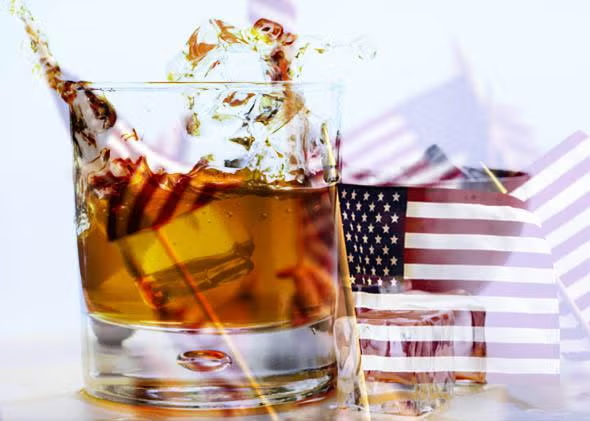
Notable Brands and Their Histories
Several American whiskey and bourbon brands have achieved iconic status, each with its own unique history and contributions to the legacy of American spirits.
Famous American Whiskey Brands
Jack Daniel’s, one of the most famous American whiskey brands, was established in Lynchburg, Tennessee, in 1866. Known for its distinctive square bottles and charcoal mellowing process, Jack Daniel’s has become synonymous with American whiskey around the world. The brand’s association with rock and roll culture has further cemented its place in American pop culture.
Another notable brand is Jim Beam, which dates back to 1795. Jim Beam’s rich history includes surviving Prohibition and emerging as a leading bourbon producer. The brand’s emphasis on tradition and family heritage has resonated with whiskey enthusiasts for generations.
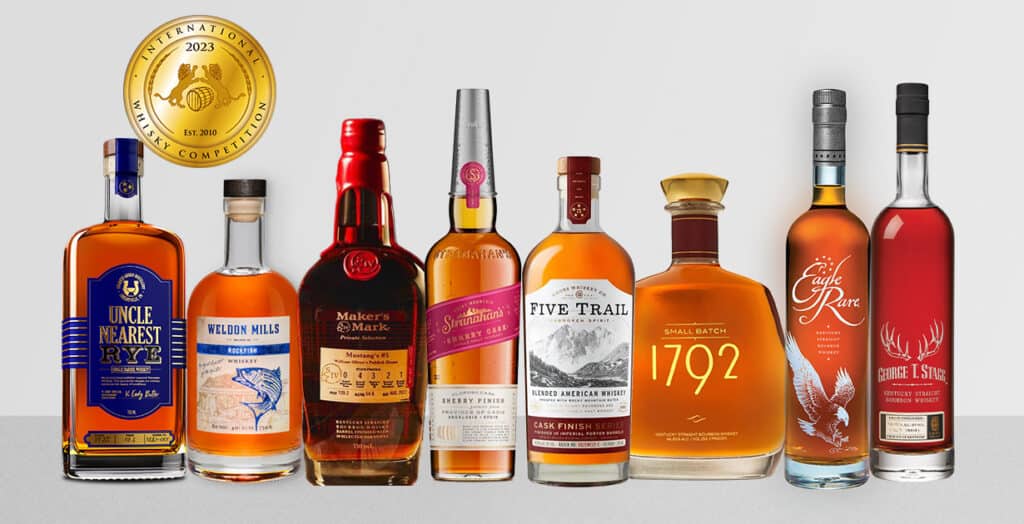
Iconic Bourbon Brands
Bourbon, often considered the epitome of American whiskey, boasts several iconic brands. Maker’s Mark, established in 1953 in Loretto, Kentucky, is known for its hand-dipped red wax seal and smooth, rich flavor. The brand’s focus on quality and craftsmanship has made it a favorite among bourbon aficionados.
Another significant bourbon brand is Woodford Reserve, produced in Woodford County, Kentucky. Known for its premium quality and complex flavor profile, Woodford Reserve has become a symbol of luxury in the bourbon world. The brand’s historic distillery is one of the oldest in Kentucky, adding to its prestige and allure.

Whiskey in Popular Culture
The influence of American whiskey and bourbon extends beyond the glass, permeating various aspects of popular culture.
Representation in Media
Whiskey has been a staple in American media, often symbolizing toughness, resilience, and sophistication. Classic Western films frequently depict cowboys and outlaws enjoying whiskey in saloons, reinforcing the spirit’s rugged, adventurous image. In more contemporary settings, whiskey is often associated with business executives and refined tastes, as seen in television shows like “Mad Men.”
Bourbon, too, has its place in popular culture. The classic film “Gone with the Wind” features characters sipping bourbon, highlighting its deep roots in Southern culture. Modern films and TV shows continue to feature bourbon as a symbol of American heritage and craftsmanship.
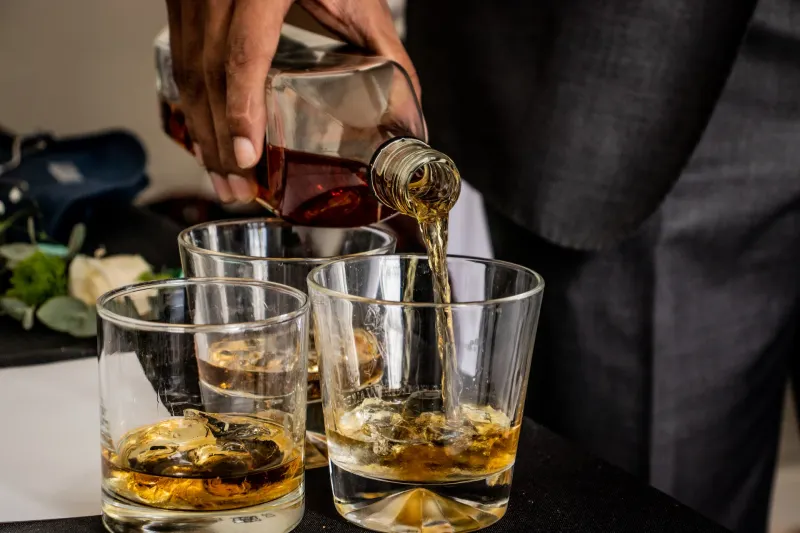
Influence on Modern Trends
In recent years, there has been a resurgence of interest in whiskey and bourbon, particularly among younger generations. This revival is driven by a growing appreciation for artisanal products and a desire to connect with American history and tradition. Craft distilleries have sprung up across the country, offering unique and innovative takes on traditional whiskey and bourbon.
The cocktail renaissance has also played a significant role in the renewed popularity of these spirits. Classic whiskey and bourbon cocktails, such as the Old Fashioned and Manhattan, have made a comeback, enjoyed by a new generation of cocktail enthusiasts. Additionally, the rise of whiskey tasting events and bourbon tours has contributed to the cultural resurgence of these iconic American spirits.
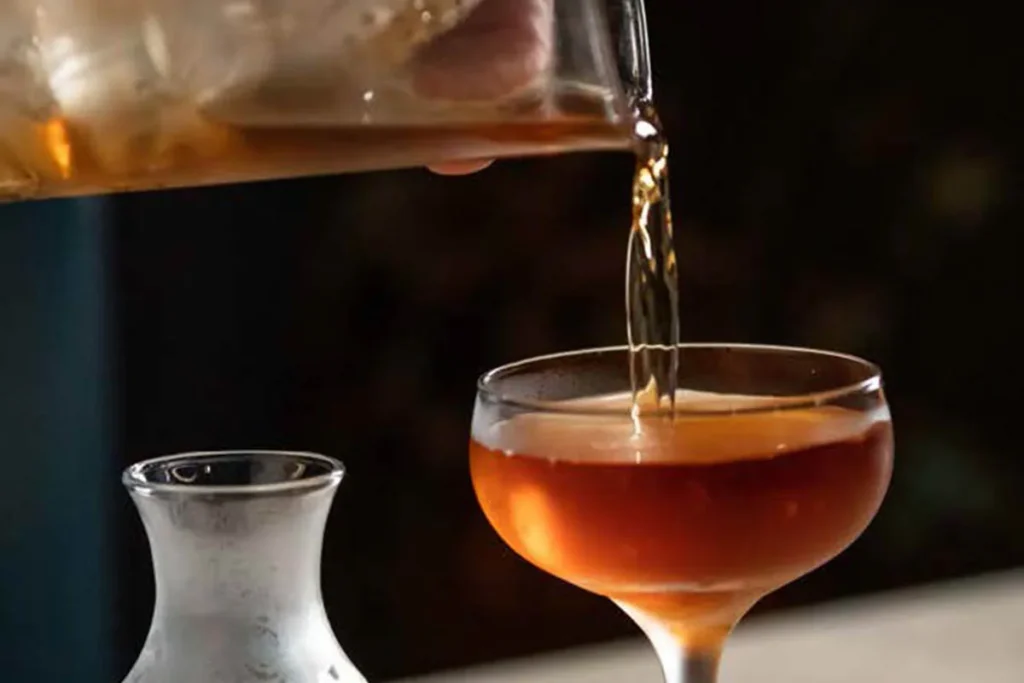
FAQs
Conclusion
American whiskey and bourbon are more than just beverages; they are cultural icons that reflect the history, traditions, and spirit of the United States. From their early days in colonial America to their present-day resurgence, these spirits have played a significant role in shaping American culture. The rich histories of notable brands, their representation in media, and their influence on modern trends underscore the enduring appeal and significance of American whiskey and bourbon.
Disclosure: Our blog contains affiliate links to products. We may receive a commission for purchases made through these links. However, this does not impact our reviews and comparisons. We try our best to keep things fair and balanced, in order to help you make the best choice for you.

